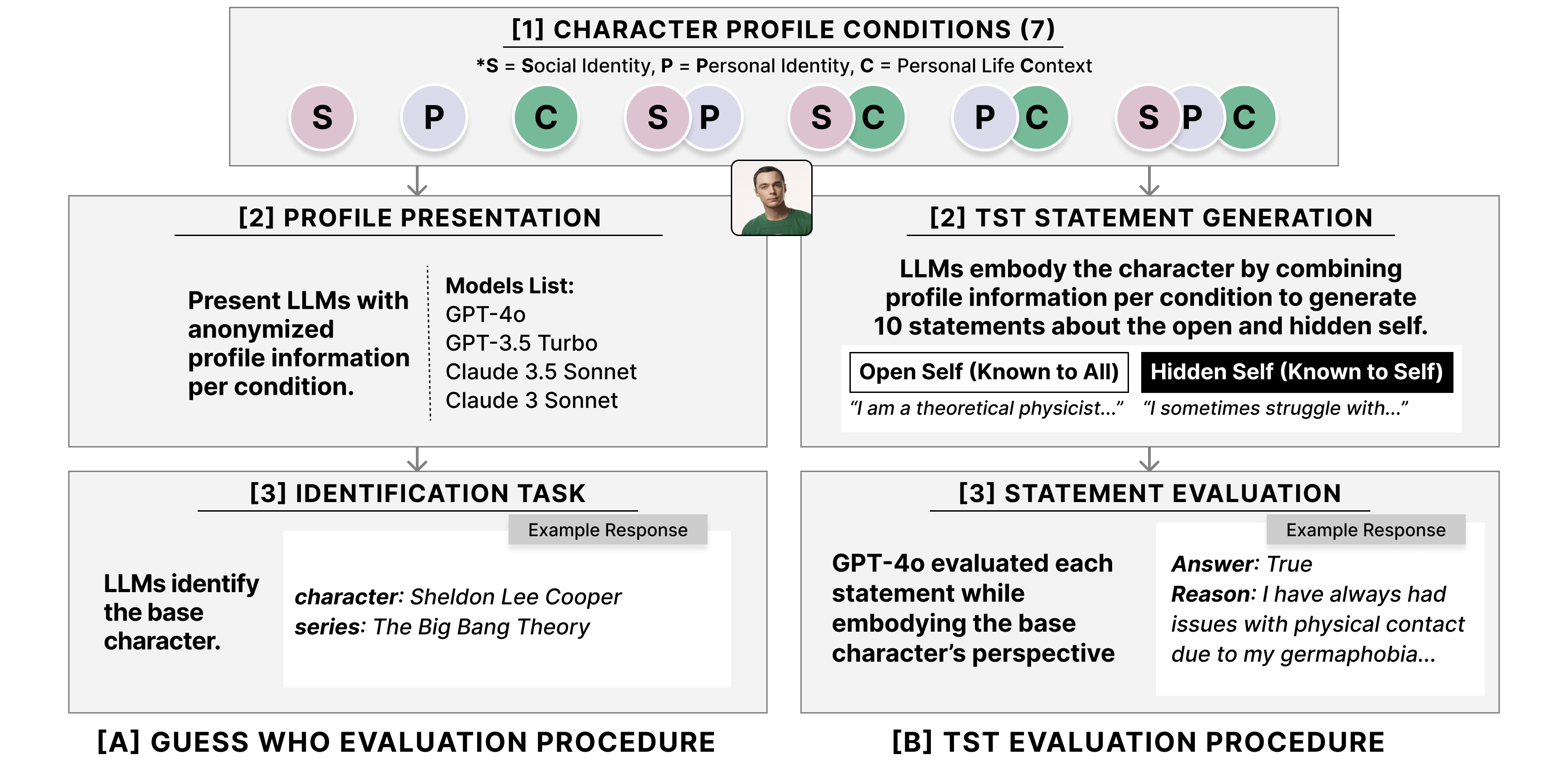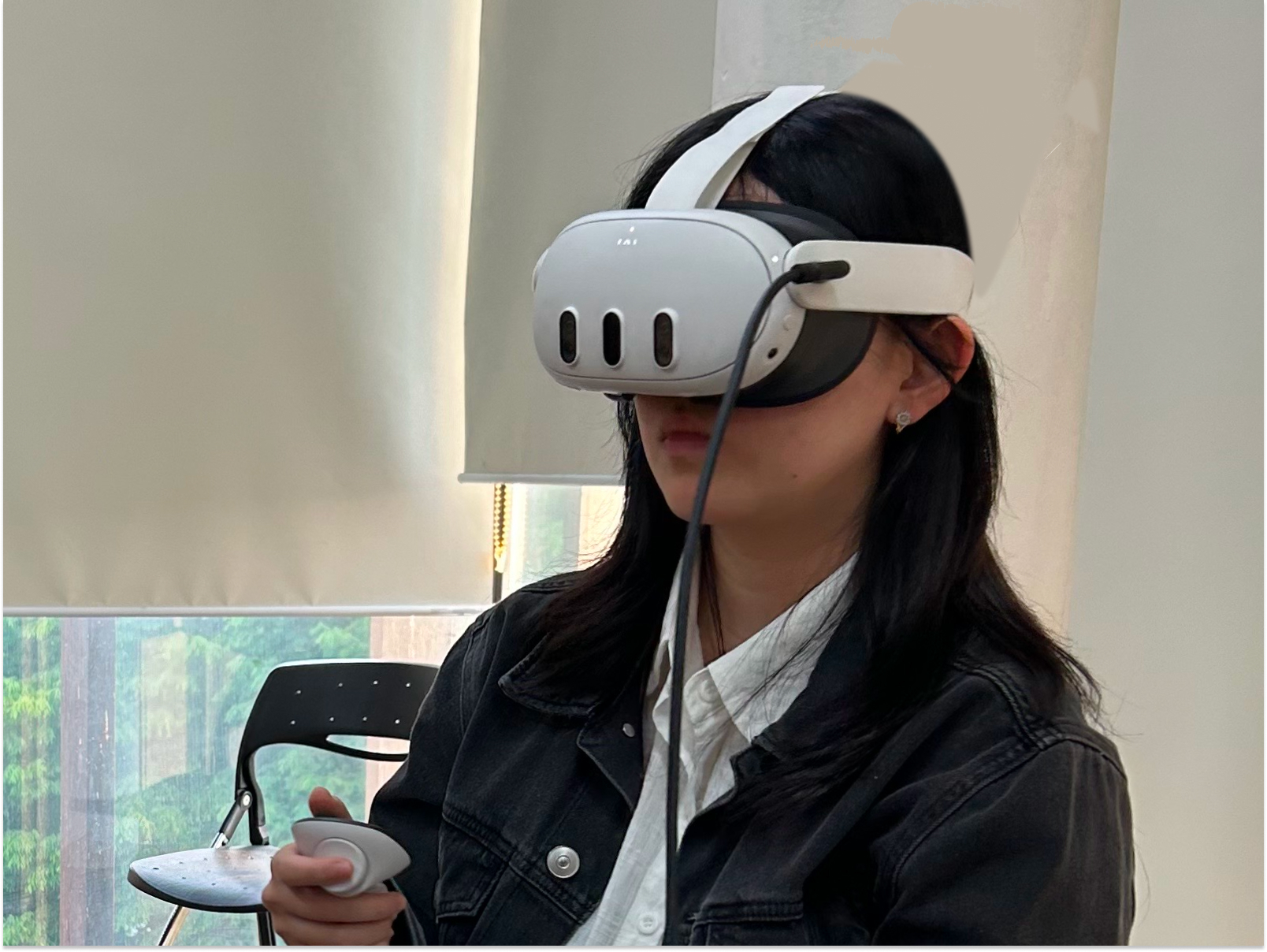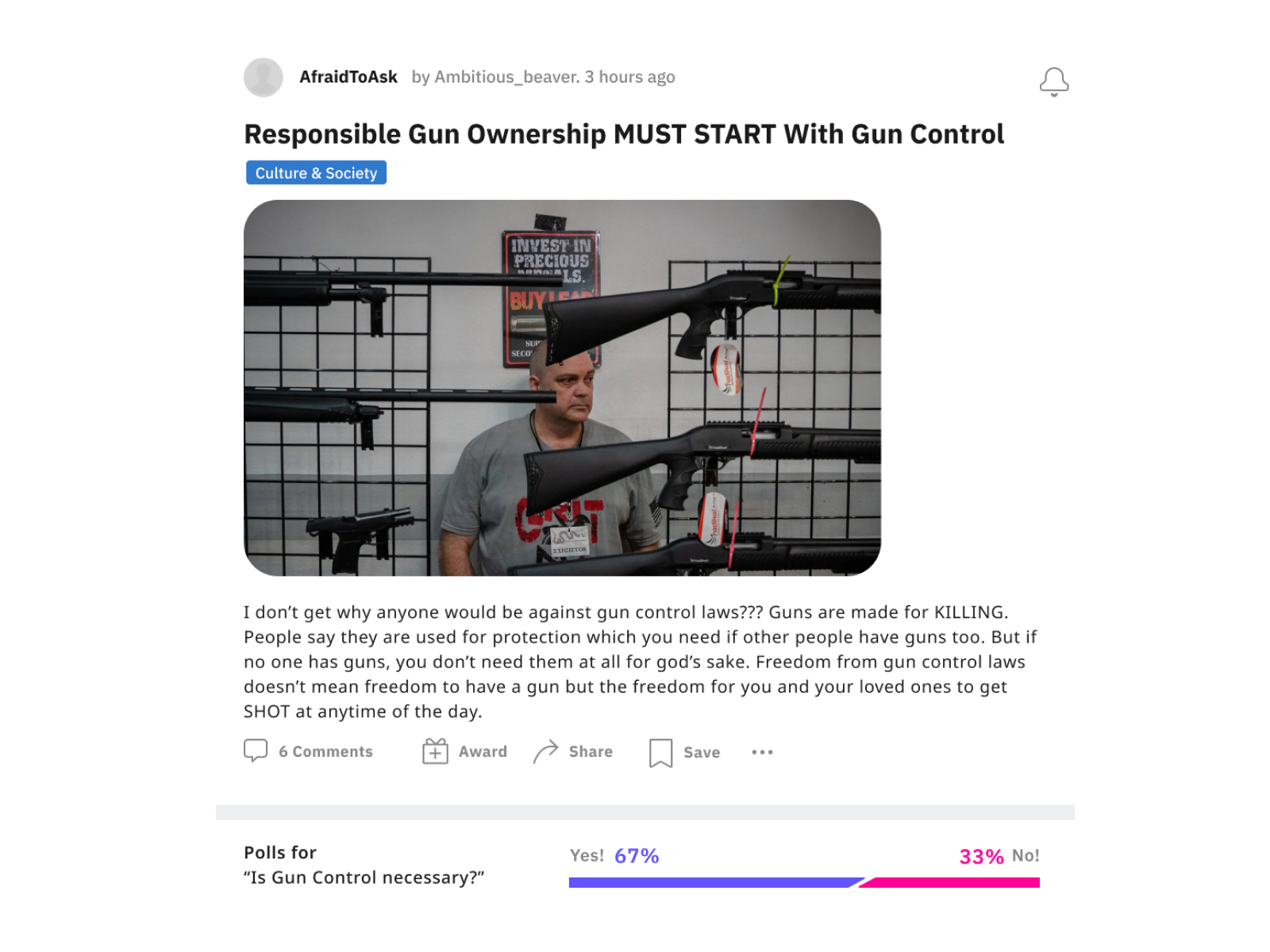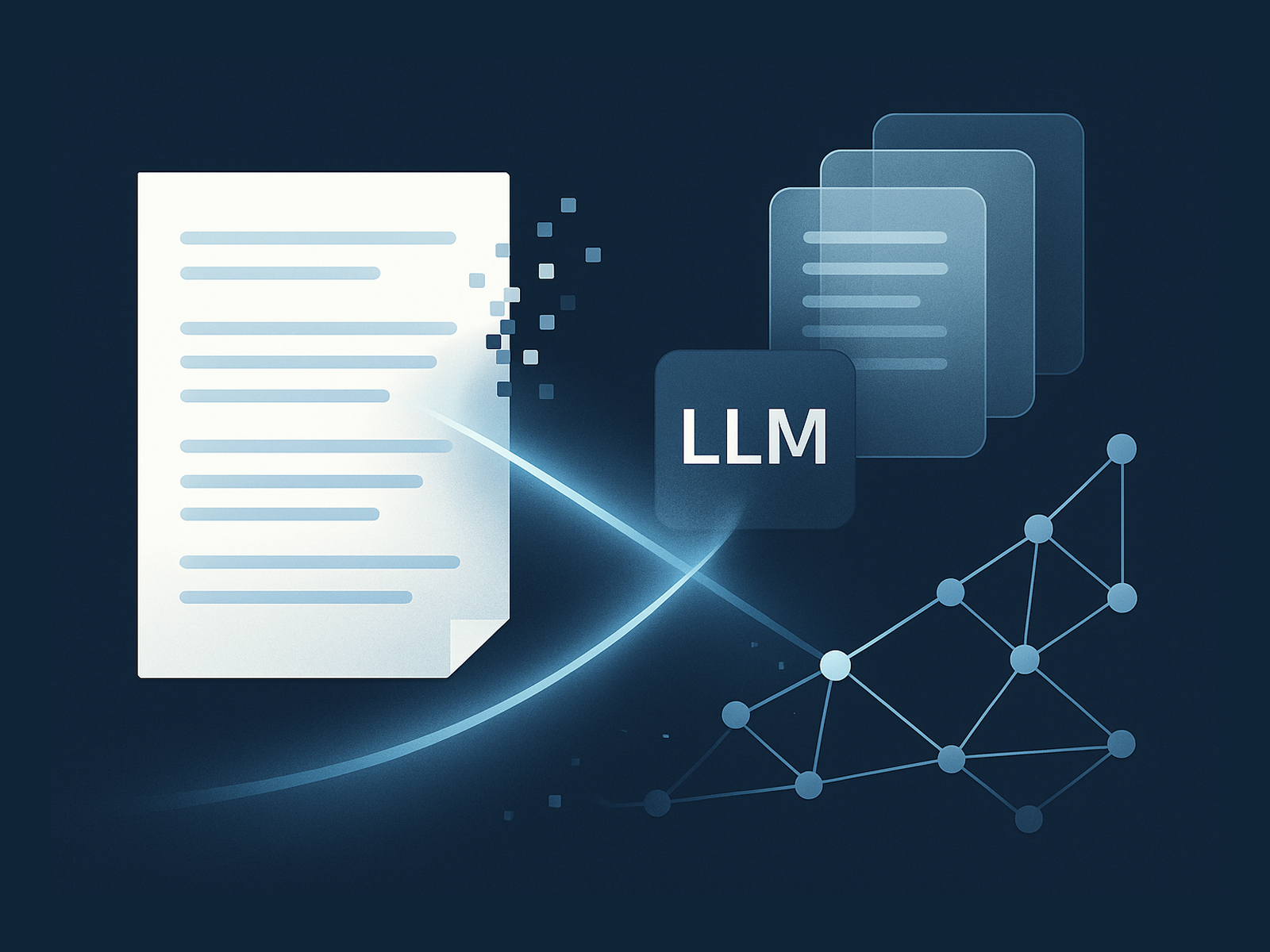SPeCtrum
A Grounded Framework for Multidimensional Identity Representation in LLM-Based Agents

Generative AI · Identity Modeling · Agent Personas · Human–AI Interaction · Contextual AI
Can LLM personas capture the complexity of human identity? Many existing approaches focus on a few amplified traits. This project explored whether combining multiple layers of selfhood — social, personal, and contextual — can create richer, more authentic personas.
Project Overview
SPeCtrum is a grounded framework for modeling LLM-based personas by integrating three complementary facets of self-concept: Social Identity (S), Personal Identity (P), and Personal Life Context (C). While many existing approaches emphasize a narrow set of traits, SPeCtrum seeks to capture both enduring characteristics and everyday context. We evaluated the framework through automated experiments with fictional characters and a human study with real participants.
Approach
We formalized structured data schemas for S, P, and C and embedded them into LLM prompts. Two evaluations tested the framework: (1) Automated evaluation with a Guess Who? character identification game and the Twenty Statements Test (TST) across seven ablation conditions (S, P, C, SP, SC, PC, SPC) using well-known TV and drama characters. (2) Human evaluation study with 80 participants who provided their own S/P/C data, then rated essays generated by different agent types for self-similarity and believability.

Results & Contributions
- Context alone often captured identity best. For fictional characters, daily routines and preferences (C) were highly diagnostic of identity, sometimes on par with SPC.
- Full SPC was needed for real people. For real participants, combining all three dimensions produced more authentic and representative personas than C alone.
- Reverse inference showed clear limits. Context data (C) could sometimes imply social categories (S) and personal traits (P), but not reliably across individuals.
- SPeCtrum offered a practical pipeline. The framework provides a replicable way to assemble S/P/C data, improving both the believability and evaluation of LLM personas.
More Projects

Becoming the Villain
How Role and Immersion Modality Shape Perspective-Taking in Immersive Role-Play

Clarifying or Complicating?
Understanding Older Adults' Engagement with Real-World XAI in E-Commerce

Letters from Future Self
Augmenting the Letter-Exchange Exercise with LLM-Based Agents to Enhance Young Adults' Career Exploration

AI-Mediated Communication for Civil Online Discussion
Can AI Motivate People to Rewrite Their Own Comments?

DiVRsity
Design and Development of a Group Role-Play VR Platform for Disability Awareness Education

From Verification to Explanation
Designing an LLM-Based System for Claim Detection and Transparent Reasoning